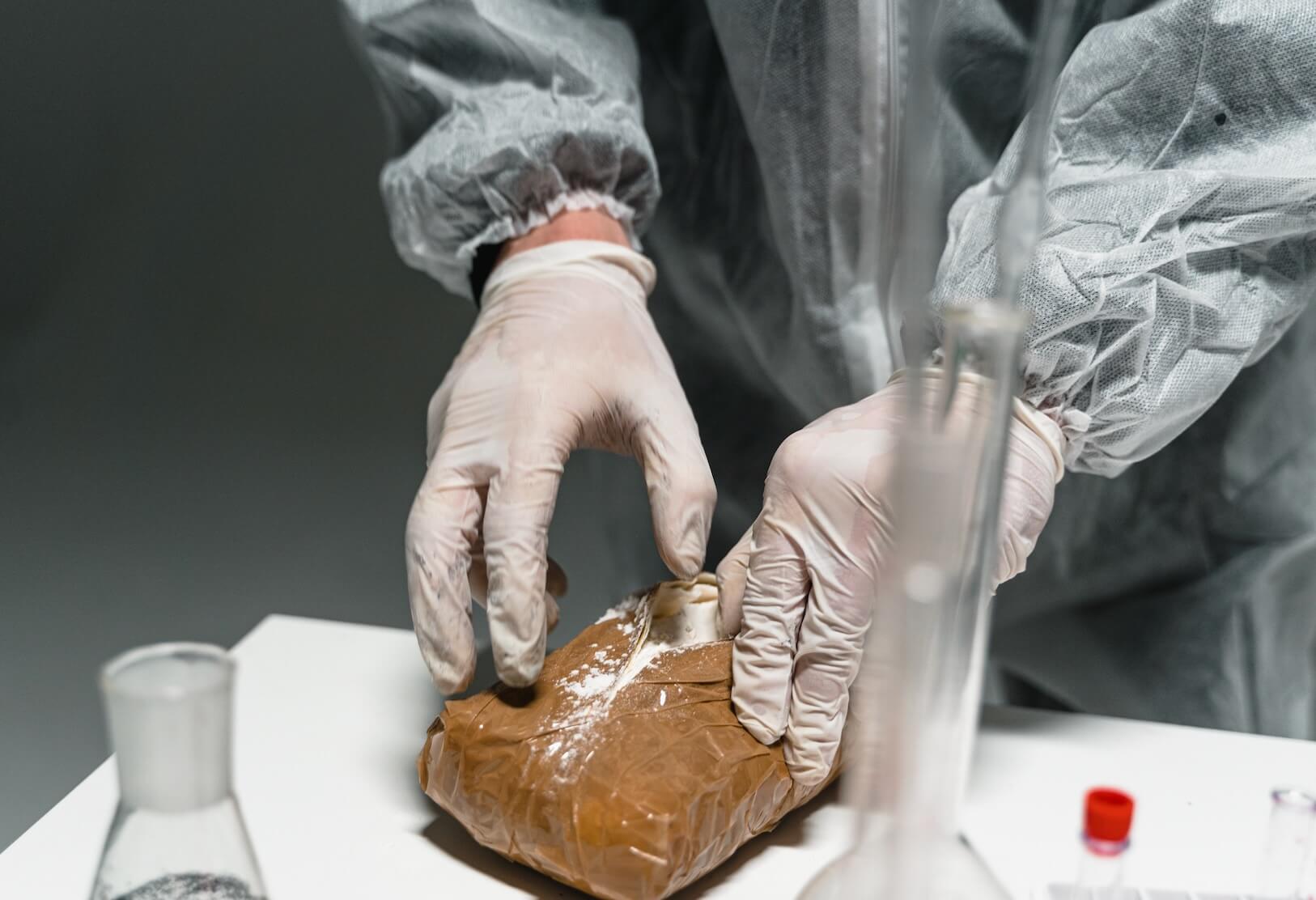Residents of Boston don’t seem to be able to catch a break. From the clunky public transit system to their ever-growing problems with homelessness, they now have a new challenge to overcome.
Opioid addiction and its resulting fallout.
However, this isn’t a new struggle for America. We have already seen several cities that have experienced problems with drug and substance abuse. More importantly, we have seen how these issues have a tendency to escalate toward terrible consequences if left unchecked.
In this article, we will look at the current state of Boston’s substance abuse situation. We will also look at a few ways the public can take a more active role in advocating for reform and change.

Substance Abuse in Boston: What the Data Says
When you look at the statistics for the state of Massachusetts regarding substance abuse (particularly for opioids), you will notice something odd. Until 2012, the number of Opioid-related deaths had remained relatively stable at close to 733 deaths per year.
However, just three years later, that number shot up to 1747 deaths per year. It has been increasing steadily, with a slight dip in deaths during the COVID-19 pandemic. In 2021, the number of deaths was an estimated 2301 per year.
Therefore, residents of Boston, one of the key cities in the state, are experiencing the shocking effects of this trend in Opioid deaths.
What Has Caused the Sudden Rise in Opioid-Related Deaths?
One of the biggest reasons for the rapid increase in deaths has been the rise of Fentanyl, a synthetic opioid that is said to be 50 times stronger than heroin. Easy access to fentanyl due to greed from pharmaceutical companies, along with mass production of the drug in countries like China, India, and Mexico, are two of the key factors at play here.
Also, Fentanyl is often prescribed for pain relief. Many patients start using the drug this way, only to realize that they have developed an addiction.
The growing access that the internet has provided over the last decade has also helped users purchase the drug from sources on the dark web.
Essentially, Fentanyl is everywhere, and we are still unsure how to stop its spread. Just recently, 100,000 bags of fentanyl were seized in Springfield. No doubt, a majority of this supply would have made it to other major cities in Massachusetts, with Boston being one of them.
What Can Residents of Boston Do to Help?
Instead of helplessly watching pharmaceutical companies and others benefit from the opioid epidemic, quick action is of the utmost importance.
Here are some ways that Boston residents can help make a difference:
1. Hire A Lobbying Firm In Boston
If you are a concerned resident, consider getting in touch with a Boston lobbying firm to find out what can be done. Boston, MA, is home to some of the best lobbying firms in the country, and it can be well worth your money if you are thinking about hiring one.
With the help of lobby firms, it is possible to create an agenda that aims to rework laws that deal with drug enforcement, education, awareness, and research.
Additionally, you can lobby for better mental health care targeted toward at-risk individuals. This can help stop potential fentanyl users from indulging in the first place.
2. Work With Social Media Influencers to Educate the Public
Influencers also have surprisingly good reach these days. There is also a chance (however small) that the message you put out goes viral. What does that achieve? Well, the followers of most social media influencers are young people who might be vulnerable or know someone vulnerable when it comes to drug abuse.
By having an influencer talk about the dangers of fentanyl and other opioid drugs, you help directly educate those most likely to be affected by the drug.
However, the message needs to be designed in such a way that it doesn’t come off as preachy. The list of anti-drug videos that end up becoming memes on the internet because of how awkward they are is long. Try to find a balance between the message being relatable, shareable, and educational.
3. Volunteer at Local Help Centers
Many people who end up addicted to fentanyl and other drugs get disowned by their families. They lose their friends, family, and jobs and often drop out of school or college. As a result, they deal with crippling isolation and loneliness. This often acts as another trigger for them to indulge in their addictions once more.
To some, all it takes to stay strong is knowing that their lives have not been forgotten. That they are still valuable human beings and will be treated as such. Through the process of relating and empathizing with addicts, you are also educating yourself about the areas that these people desperately need help in.
Conclusion
The Opioid Crisis in Massachusetts is a major cause for concern. If left unchecked, a number of other issues, such as homelessness, theft, prostitution, and gang violence, will become inevitable.
While major changes can only come from the government, it is well within your power to take a stand. Collaborating with influencers and hiring lobbying firms in Boston are just a few ways that you can do your bit to help.

